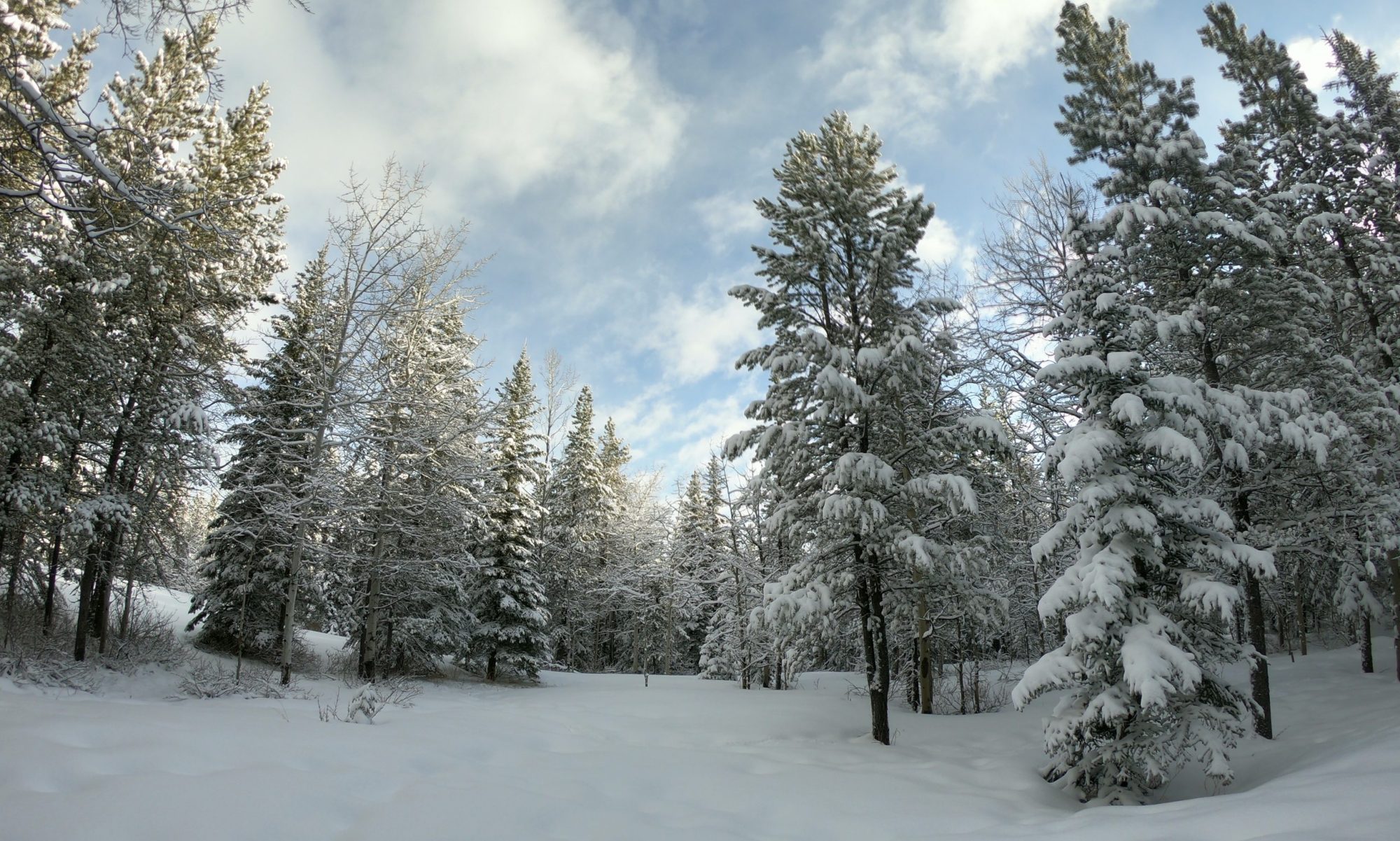The world is on fire.
As much as I love a good campfire, heating a hefty pan over some crackling logs, I love even more that I can always walk away when the smoke wafts into my face, stinging my eyes. I can stand up and step into fresh air, take a deep breath, and reset my lungs.
This past weekend all the air was a smoky haze, everywhere. There was no reset.

Image: https://firesmoke.ca/forecasts/current/
Dozens of forest fires are burning across the country.
One of my colleagues started his career as a forest fire fighter, spending years of summers helping to control burns and protect small communities surrounded by kindling. We had an amazing conversation on Friday as he talked about his knowledge of the history and strategy of forests in Canada and the different approaches taken by different regions of the country, all of which go a long way to explaining why and where those little orange dots appear on the map above.
While people joke on social media about escaping or blowing it back west, the data shows that the culprit is actually intense wildfires to the north east that are clogging our throats and lungs.
The short of it is that fire and smoke and wind and summer air currents mean that my house is not at risk of burning, but my lungs are now haunted daily by the thick, campfire-like smoke that permeates every corner of every breath of outdoor air.

Image: https://weather.gc.ca/airquality/pages/abaq-001_e.html
The effects are no joke.
People call in sick from work due to aching lungs and throbbing heads.
And we skipped our run yesterday, the prevailing opinion that we would be… might be… probably would be taking our health into negative concern by sucking down ten kilometers of smoky air from the “very high risk” and the literally off-the-charts poor air quality.
The world is on fire.
This is not new.

A few years ago we spent five days hiking in the backcountry mountains near Lake Louise. The day we hiked inbound was a clear, beautiful, sunny day, but over the week a thick cloud of forest fire smoke descended over the valley where we were camping shrouding the mountains in what seemed a romantic fog but was actually an acrid, lung-burning, inescapable haze that made the air smell and taste of char.
That same year I also ran a marathon, and due to the smoke the go-no-go call for that race was uncertain even as we stepped up to the start line.
It was not the first time the air was smoky through the summer, by far. But it was among the first of many consecutive summers clouded by a shroud of burning forest smoke. Every summer since, it seems, weeks are lost to hunkering from the attack.
Even today, the few people out and about on the streets are still wearing masks despite the lifting of the health-related bylaw, and I pass by them wondering if they are hoping to avoid a virus or to simply screen out the visible ash from the air.
The world is on fire.
Take a deep breath… if you still can.


